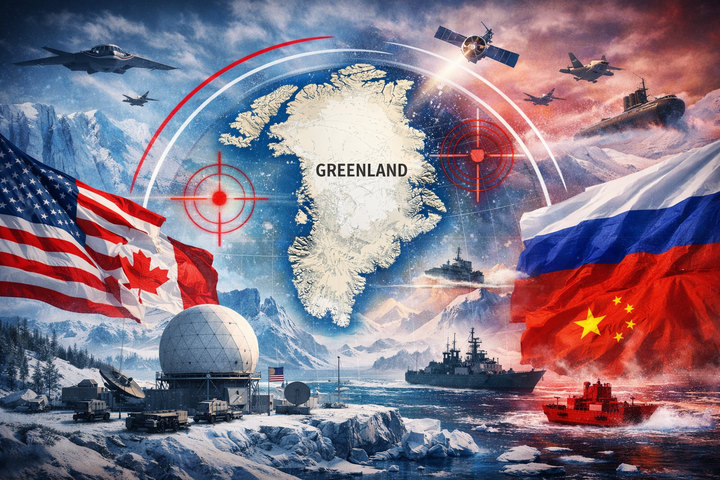Why Knowledge Becomes the Most Vital Resource in an Infrastructure Collapse

When we imagine a collapse of modern infrastructure, whether triggered by a natural disaster, cyberattack, economic freefall, or even war, the first thing most people think about is stuff.
Food stockpiles. Water. Fuel. Guns and ammo. Generators. Tools.
All of these are important, no doubt.
But history and logic point to something even more valuable when the systems we depend on crumble: knowledge.
ON SURVIVAL is a reader-supported publication. To receive new posts and support my work, consider becoming a free or paid subscriber.
Supplies Run Out, Knowledge Doesn’t
A pantry of canned goods may keep you fed for months, but eventually those cans run empty.
A generator only runs as long as you have fuel.
Even the best bug-out bag wears down.
The moment your supplies are gone, you’re left with what you actually know how to do.
- Do you know how to filter water without a store-bought filter?
- Can you grow food, preserve it, and save seeds for next year?
- Could you repair broken tools when no hardware store is open?
- Do you know how to make fire without a lighter?
Those who have learned, practiced, and internalized survival knowledge will adapt.
Those who haven’t will trade away their dwindling resources for skills they never took time to acquire.
Infrastructure Is Invisible…Until It’s Not
Modern life hides how dependent we are on fragile networks.
Flip a switch and you have light.
Turn a tap and you have safe water.
Swipe a card and food appears.
But behind each of these simple actions is a vast web of infrastructure: power grids, water treatment plants, logistics chains, banking systems.
When those stop working, the illusion disappears.
What remains is raw reality.
And in that reality, the most valuable people are the ones who can rebuild, or at least keep life going in the meantime.
Knowledge as the Ultimate Force Multiplier
Think of knowledge as leverage.
The right know-how multiplies whatever resources you have left.
A person who understands fermentation can turn a harvest of vegetables into shelf-stable food.
A mechanic with the right skills can coax a dead engine back to life.
A midwife or herbalist can keep people alive when doctors and pharmacies vanish.
Knowledge turns scarcity into abundance. It turns desperation into resilience.
Portable, Shareable, Indestructible
Unlike stockpiles, knowledge can’t be stolen from your pantry or looted from your shed.
Once learned, it travels with you everywhere.
It can be shared with others, strengthening entire groups instead of hoarded like supplies.
Even better, it can be passed down, ensuring survival not just for yourself, but for your children and community.
That makes knowledge one of the few resources that grows when given away.
Preparing Now
The good news is, knowledge is something you can start gathering today, for free or nearly free.
Pick up books on gardening, wilderness survival, first aid, and low-tech living.
Watch videos on bushcraft.
Practice skills in small, safe ways: cook over a fire, repair your own gear, grow a small patch of food.
Stockpiles matter, but they are temporary.
Knowledge, once absorbed and practiced, is permanent.
And when collapse strips away the conveniences of modern life, those who have prepared their minds will be the ones who endure, and rebuild.
ON SURVIVAL is a reader-supported publication. To receive new posts and support my work, consider becoming a free or paid subscriber.



Comments ()